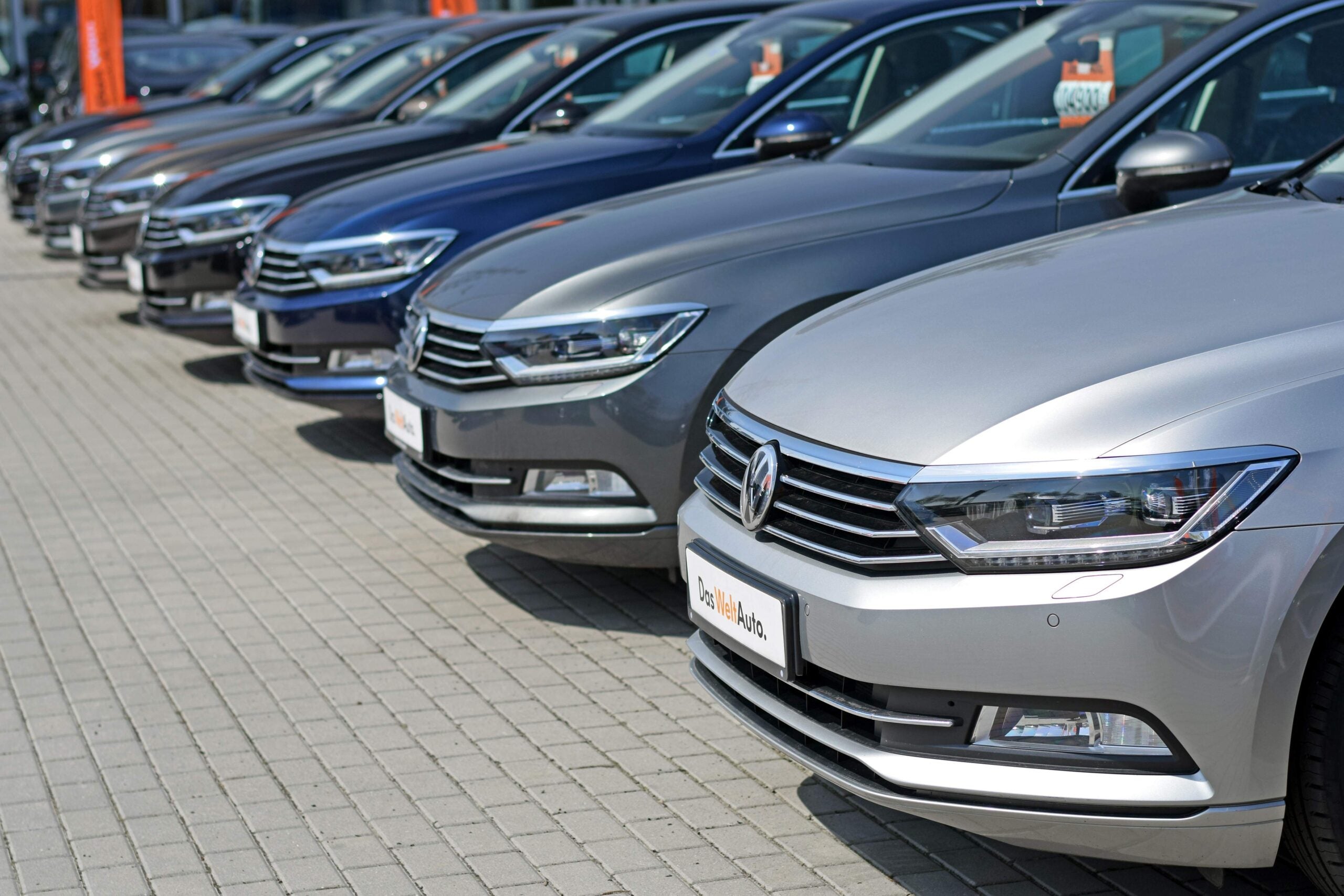
The British Vehicle Rental and Leasing Association (BVRLA) has warned Chancellor Philip Hammond not to raise taxation on employees’ benefits, as this could push employees away from company cars towards less efficient, privately-financed vehicles.
In a letter to Hammond, BVRLA chief executive Gerry Keaney drew parallels between the hike in business vehicle taxation and the rise in motorists relying on finance to buy a personal, more polluting car.
The BVRLA reached the conclusion by looking at government data, which shows how the number of company car drivers was static for the last seven years, and the increase in demand for personal contract hires.
Since the average new company car has lower emissions than new cars in general, the BVRLA claimed the increase in benefit-in-kind taxes, which employees have to pay for work perks, contributed to recent increases in new car emissions.
The association also urged Hammond to refrain from “punishing” company car drivers who favour diesel, as diesel company cars are often fitted with the most recent engine technology, and are the vehicles most suited to long journeys.
It also recommended maintaining current CO2 emission measurement criteria until 2021, to give the industry time to adapt to new worldwide testing standards.
How well do you really know your competitors?
Access the most comprehensive Company Profiles on the market, powered by GlobalData. Save hours of research. Gain competitive edge.

Thank you!
Your download email will arrive shortly
Not ready to buy yet? Download a free sample
We are confident about the unique quality of our Company Profiles. However, we want you to make the most beneficial decision for your business, so we offer a free sample that you can download by submitting the below form
By GlobalDataFurther recommendations included a review of vehicle excise duty (VED) regime to encourage selection of greener cars by companies and allow rental companies to claim a VED refund for the first year; push the 2% company quota for zero-emission cars to 2018/2019; and the possibility to claim VAT refunds on electric vans with lighter payloads.







